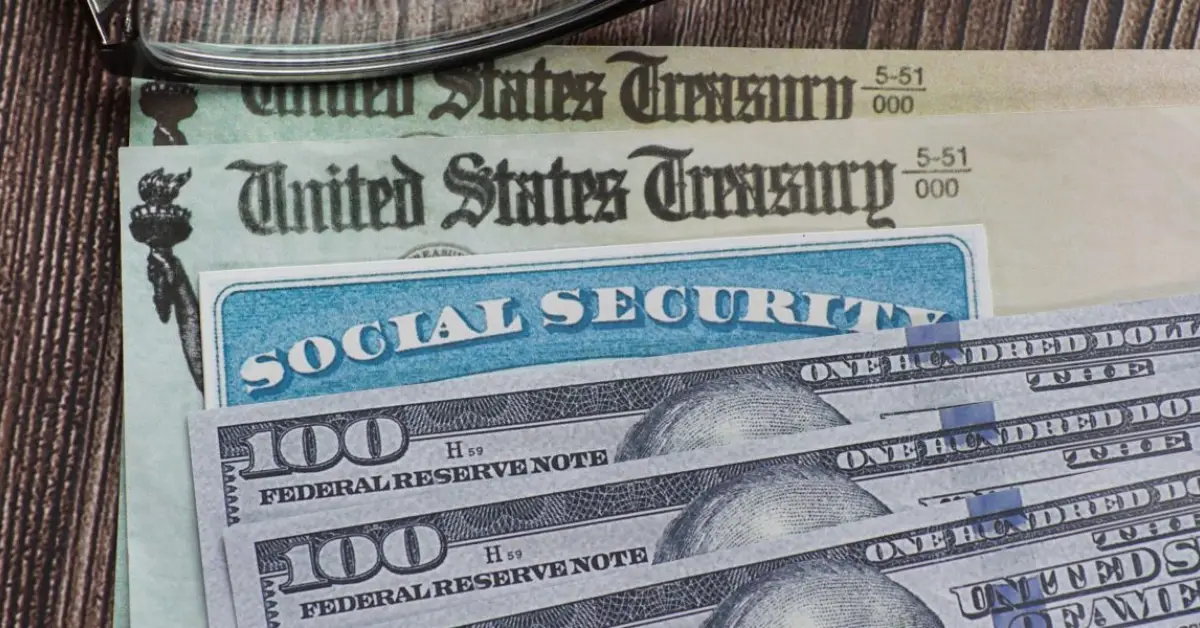The global economy has been rocked by the economic policies of President Donald Trump, particularly his tariffs, which have caused widespread turmoil. The trade wars, aimed at securing better deals for the United States, have had unintended consequences that are now being felt by economies worldwide.
According to a report by The New York Times, the impact of these policies is being felt in the most unlikely places — even snack and beverage purchases are being slashed as Americans brace for a potential recession.
The economic turmoil triggered by Trump’s tariffs has led to severe market volatility. In fact, reports indicate that $6 trillion has been wiped out from global markets. As investors lose confidence in the market’s stability, they are pulling back, which has put a significant strain on consumers. The stock market’s fluctuations have caused anxiety among everyday Americans, who are now focusing on tightening their spending and saving money wherever possible.
For many people, this new financial reality means cutting back on everyday luxuries, including snacks and drinks. Items that were once considered part of a regular grocery run are now being skipped in favour of more essential items. The rise in the cost of living, combined with growing concerns about a recession, has prompted people to reassess their discretionary spending. Many are opting to cut out snacks and drinks to offset the higher costs of necessities like food, fuel, and healthcare.
As prices continue to rise due to inflation, the average American consumer is feeling the financial strain. Groceries, in particular, have become much more expensive in recent months. According to market analysts, the cost of goods across the board has gone up, and while wages have not kept pace with these rising costs, people are forced to adjust their spending habits. For most, this means cutting back on non-essential purchases, including indulgences such as snacks and sweetened beverages.
Margaret Carlson, Editor-at-Large for Semafor, explains that these changes in consumer behaviour are not limited to the wealthy or middle class. Even those in lower-income brackets, who already struggle to make ends meet, are now faced with hard choices. Carlson suggests that the impact of this behaviour could be long-lasting, with some industries, particularly the snack and beverage sectors, potentially facing a significant decline in sales.
The root of the issue can be traced back to the tariffs imposed by the Trump administration. While these tariffs were designed to protect American businesses and industries by imposing additional costs on foreign products, the ripple effects have been far-reaching. Tariffs have increased the price of imported goods, resulting in higher prices for many everyday items. The result has been a surge in inflation that is being felt worldwide.
As the global market continues to adjust to the consequences of these tariffs, Americans are increasingly cautious about their spending habits. The uncertainty surrounding the U.S. economy, combined with fears of a recession, has left people feeling vulnerable.

With consumer confidence plummeting, many are opting to cut back on non-essential product purchases. Snack foods, which are often seen as luxury items, are among the first to be eliminated from the shopping list.
Despite these challenges, the U.S. government is working to mitigate the damage. Various relief programs have been introduced to help ease the burden on families, but the effects of inflation and the increasing cost of living remain difficult to ignore.
The Trump administration’s efforts to stabilise the economy have met with mixed success. For now, many consumers are left to deal with the financial pressures on their own, with little help in sight.
The global impact of the tariffs cannot be underestimated. While the trade war was initially seen as a strategic move to strengthen the American economy, the outcome has been far more complex. The domino effect of these tariffs has resulted in higher prices for goods, which in turn have led to changes in consumer habits. This has created a situation where industries dependent on discretionary spending are now grappling with declining sales, and consumers are increasingly wary about how they spend their money.
The broader economic effects of these changes in consumer behaviour could have long-term consequences. Many businesses, particularly those in the snack and beverage industries, may find themselves struggling to survive if this trend continues.
As more and more people tighten their belts, industries that rely on indulgence and small luxuries will likely face challenges. The long-term effects could be felt not just in the U.S. but globally, as the ripple effects of these policies continue to spread.
Ultimately, the situation is indicative of the ongoing struggles that many Americans face as they try to navigate a complex and challenging economic landscape. For now, the policies implemented by the Trump administration have triggered a chain reaction that is affecting people in every corner of the economy. The full extent of the damage remains to be seen, but the consequences will likely continue to affect consumer behaviour for years to come.
Disclaimer: This article has been meticulously fact-checked by our team to ensure accuracy and uphold transparency. We strive to deliver trustworthy and dependable content to our readers.




